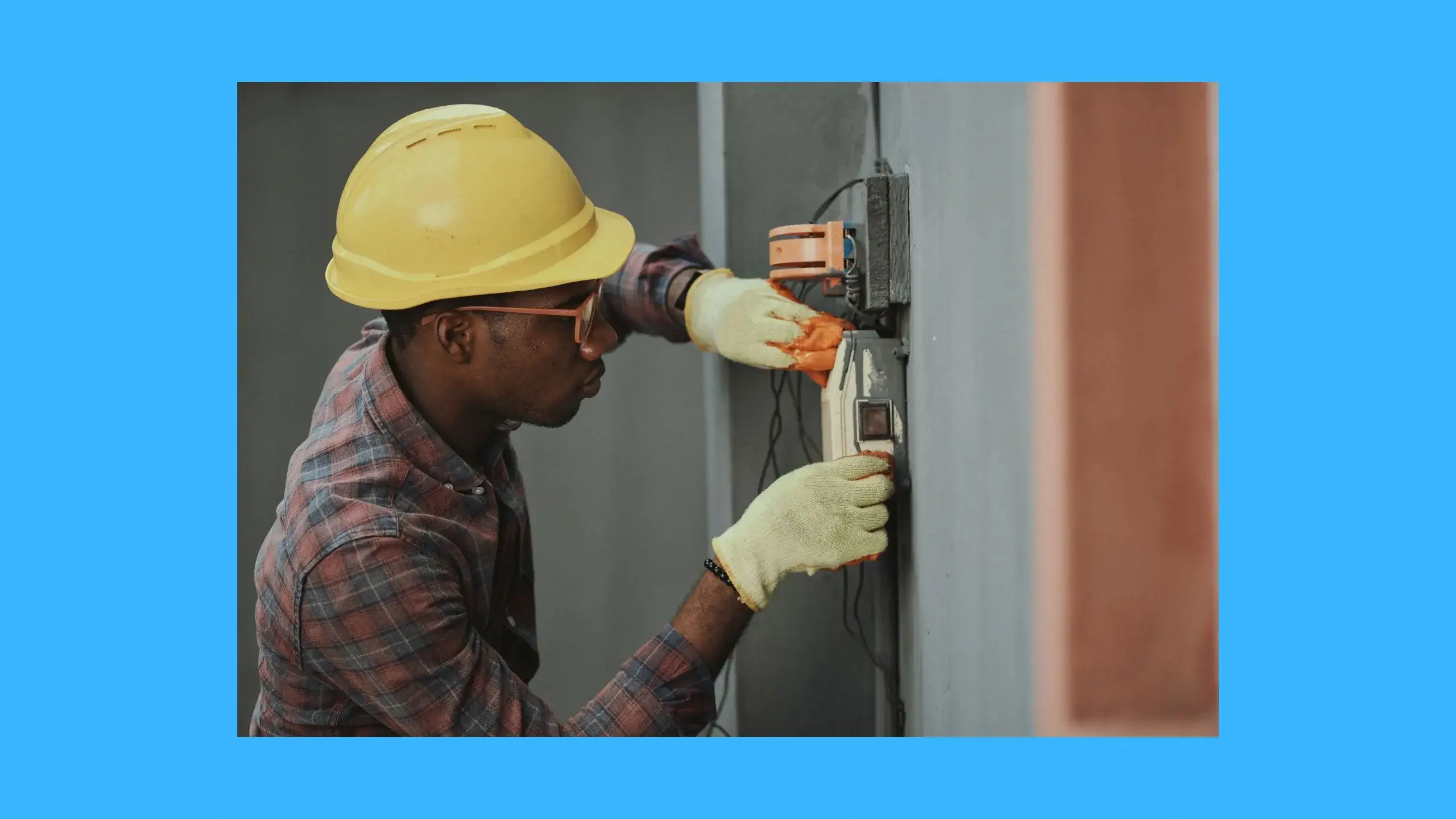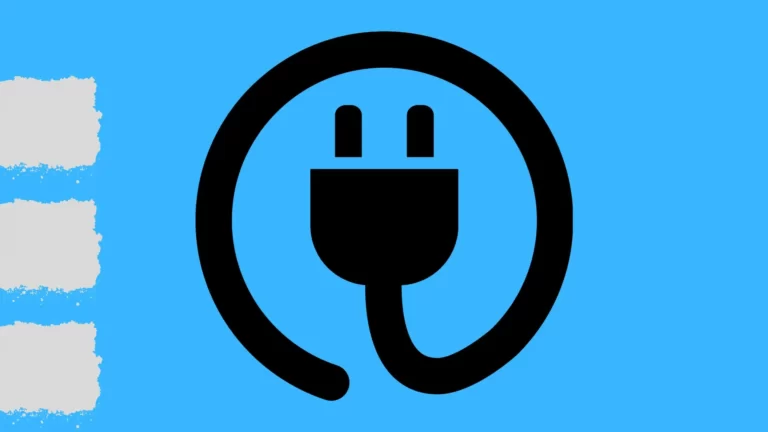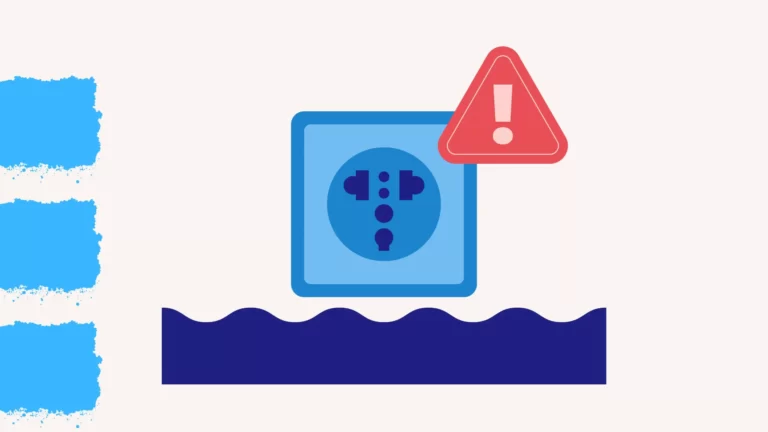Ensuring Electrical Safety: A Guide
In Ghana, electrical fires pose a significant threat to homes and businesses. According to recent data, electrical fires account for the majority of all domestic fire incidents in the country. This alarming statistic underscores the urgent need for heightened awareness and proactive measures to ensure electrical safety.
Understanding Your Electrical System
Your electrical system is crucial for powering your home or business. Let’s break down its key components, power sources, and circuit types to help you grasp the essentials.
1. Components of a Typical Electrical System
1. Service Entrance: The point where electricity from the main grid enters your property. It’s usually located on an exterior wall.
2. Distribution Panel (Breaker Box): This panel divides and directs electricity to various circuits throughout your space. Circuit breakers or fuses safeguard against overloads.
3. Wiring: Electrical wires run from the distribution panel to outlets, switches, and appliances, enabling them to function.
2. Main Power Sources in Ghana
Ghana primarily relies on these main power sources:
1. Hydroelectric Power: Generated from water sources like rivers and dams (Akosombo & Bui), this source is significant in Ghana’s energy mix.
2. Thermal Power: Fossil fuels like oil and natural gas are burned to produce heat, which generates electricity.
3. Renewable Sources: Solar and wind energy contribute to Ghana’s power generation, reducing reliance on non-renewable options.
3. Types of Circuits: What You Need to Know
Circuits ensure electricity flows efficiently. Two main types are:
1. Dedicated Circuits: Reserved for high-power appliances like air conditioners and stoves. Prevents overloading.
2. General Circuits: Power standard outlets and lighting. Spread the load across different areas.
Understanding these essentials empowers you to manage your electrical system effectively and make informed decisions for a safer, more efficient setup.
If you need the right fire safety equipment for any purpose, kindly consider buying the Neffgo brand. You can find our list of distributors by clicking here.
Signs of an Outdated or Faulty Electrical System
Your safety matters, and being aware of signs indicating an outdated or faulty electrical system can prevent hazards. Here are key signals:
1. Flickering Lights and Frequent Circuit Breaker Trips: If your lights flicker often or your circuit breaker trips frequently, it could indicate issues like overloaded circuits or faulty wiring.
2. Overloading and Underpowered Circuits: Plugging too many devices into a single outlet can overload circuits. On the other hand, underpowered circuits may cause lights to dim when appliances are in use.
3. Burning Odors and Discolored Outlets: A burning smell near outlets is concerning. Discolouration, scorch marks, or warmth around outlets may indicate overheating and potential fire risks.
Stay vigilant. These signs can help you catch problems early, ensuring a safer electrical environment for your home or business.
The Importance of Proper Electrical Installation and Maintenance
When it comes to electrical systems, hiring qualified electricians is crucial. Here’s why:
1. Hiring Qualified Electricians: Why It Matters
– Electricians with proper training ensure safe installations.
– Expertise reduces risks of faulty wiring or connections.
– Compliance with regulations guarantees system reliability.
2. Regular Electrical System Inspections
– Routine checks identify potential issues early.
– Inspections prevent hazards before they escalate.
– Maintenance enhances overall system performance.
3. Replacing Old Wiring and Outlets
– Outdated wiring increases fire risks significantly.
– Upgraded outlets accommodate modern appliances.
– Renewed wiring ensures efficient energy distribution.
If you need the right fire safety equipment for any purpose, kindly consider buying the Neffgo brand. You can find our list of distributors by clicking here.
Circuit Breaker and Fuse Maintenance
Circuit breakers and fuses safeguard your home or business from dangerous overloads and short circuits.
Understanding Circuit Breakers and Fuses
Circuit breakers and fuses serve as barriers against electrical mishaps. They monitor the flow of electricity and automatically shut off power if something goes wrong. This prevents wires from overheating and causing fires.
Preventing Overloads and Short Circuits
To prevent overloads, distribute electrical devices across different circuits. Avoid plugging multiple high-power devices into a single outlet. This helps maintain a balanced electrical load and reduces the risk of tripping breakers.
Short circuits occur when wires touch, causing a surge of electricity. Keep cords and wires organized and avoid pinching them. This simple step minimizes the chance of short circuits and potential hazards.
How to Reset a Tripped Circuit Breaker
When a circuit breaker trips, it interrupts the power supply to prevent damage. To reset it:
1. Identify the tripped breaker: Look for the one that has moved to the middle position.
2. Turn it off: Push the breaker to the “Off” position before resetting.
3. Reset: Move the breaker to the “On” position until you hear a click.
Remember, if the breaker trips repeatedly, it could indicate an underlying issue. Contact a qualified electrician for inspection and repairs.
If you need the right fire safety equipment for any purpose, kindly consider buying the Neffgo brand. You can find our list of distributors by clicking here.
Grounding and Earthing: Protecting Against Electric Shocks
Electrical safety hinges on proper grounding and effective earthing systems. These vital measures shield you from hazardous electric shocks.
Understanding Grounding:
Grounding is pivotal. It creates a secure pathway for electricity to escape safely into the earth. This prevents a buildup of dangerous charges in appliances and structures.
Effective Earthing Systems:
Earthing ensures electrical faults are neutralized. It connects electrical equipment to the ground, diverting excess electricity away. This swift action averts potential harm.
Shielding Against Electric Shocks:
Proper grounding and earthing act as powerful guards. They swiftly channel errant electricity away, keeping you and your surroundings free from electric shock risks.
If you need the right fire safety equipment for any purpose, kindly consider buying the Neffgo brand. You can find our list of distributors by clicking here.




